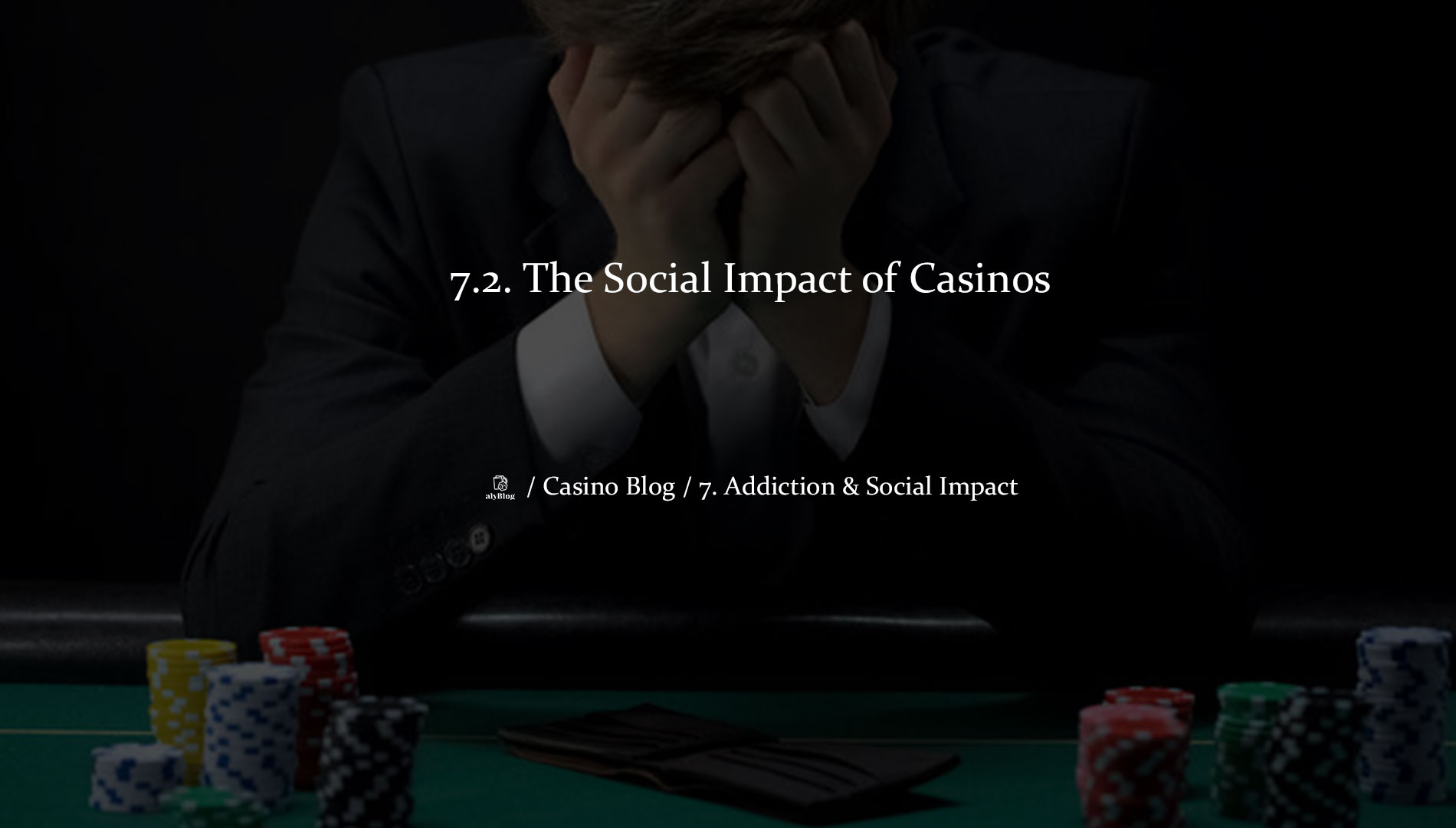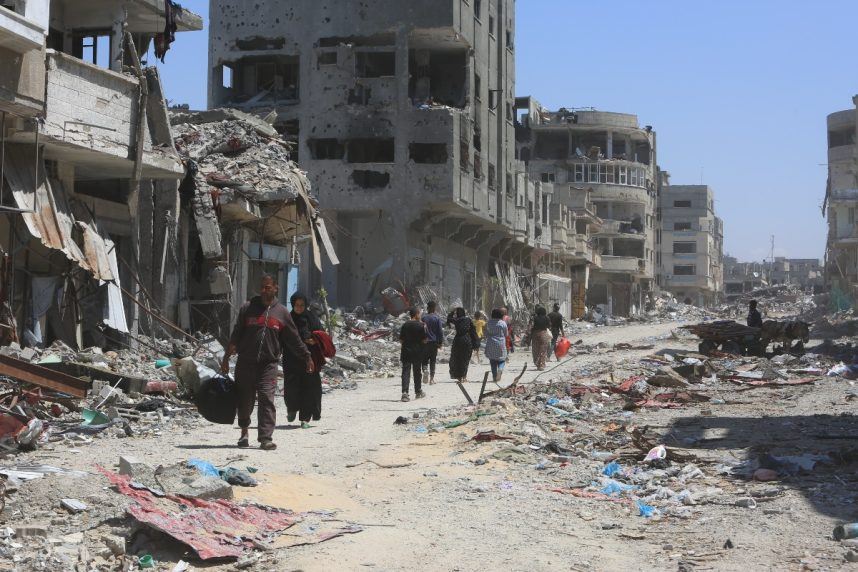Casinos, both land-based and online, have a multifaceted social impact on individuals, communities, and society as a whole. While they can bring economic benefits and entertainment value, they also pose potential risks and challenges that need to be addressed.
Positive Social Impacts
Entertainment and Recreation
- Casinos offer a form of entertainment and leisure for individuals and groups, providing a social outlet and a place to unwind.
- They can host events, concerts, and shows, contributing to the cultural life of a community.
Job Creation and Economic Development
- Casinos create jobs in various sectors, including gaming, hospitality, entertainment, and construction, providing employment opportunities for local residents.
- They can stimulate economic growth by attracting tourism and investment, leading to the development of infrastructure and other businesses.
Community Development and Philanthropy
- Some casinos engage in philanthropic activities, supporting local charities, schools, and community projects.
- They may also contribute to the development of infrastructure, such as roads, public transportation, and parks.
Negative Social Impacts
Problem Gambling and Addiction
- The most significant negative social impact of casinos is the potential for problem gambling and addiction.
- Problem gambling can lead to financial ruin, relationship problems, mental health issues, and even suicide.
- Vulnerable populations, such as adolescents and individuals with pre-existing mental health conditions, are particularly at risk.
Crime and Social Disruption
- While most casinos operate responsibly, some studies have suggested a correlation between the presence of casinos and increased crime rates, particularly in areas with limited resources to address potential negative social impacts.
- This can include an increase in petty theft, fraud, and other criminal activities associated with gambling.
Displacement of Local Businesses
- In some cases, the introduction of a casino can lead to the displacement of local businesses, especially smaller establishments that cannot compete with the amenities and entertainment offered by large casino resorts.
- This can disrupt the local economy and social fabric, creating resentment and economic hardship for some residents.
Social Inequality
- Casinos can exacerbate social inequality by primarily benefiting wealthy individuals and corporations, while potentially leaving behind marginalized groups who may be more vulnerable to the negative impacts of gambling.
Mitigating Negative Impacts
- Responsible Gambling Programs: Implementing effective responsible gambling programs is crucial to minimize the negative impact of problem gambling. This includes promoting awareness, providing self-exclusion tools, and offering support and treatment resources.
- Community Engagement: Casinos can engage with local communities to address their concerns and mitigate potential negative impacts. This can involve investing in local projects, supporting social programs, and providing job training and education opportunities.
- Strong Regulation and Oversight: Robust regulatory frameworks are essential to ensure that casinos operate responsibly and minimize negative social impacts. This includes strict licensing requirements, regular inspections, and enforcement of responsible gambling measures.
The social impact of casinos is a complex issue with both positive and negative aspects. By acknowledging and addressing the potential risks and challenges, while also maximizing the benefits, casinos can play a positive role in the communities they serve.
Here you can find articles about ONLINE CASINO and CASINO. Also more articles you can find in our BLOG section.





